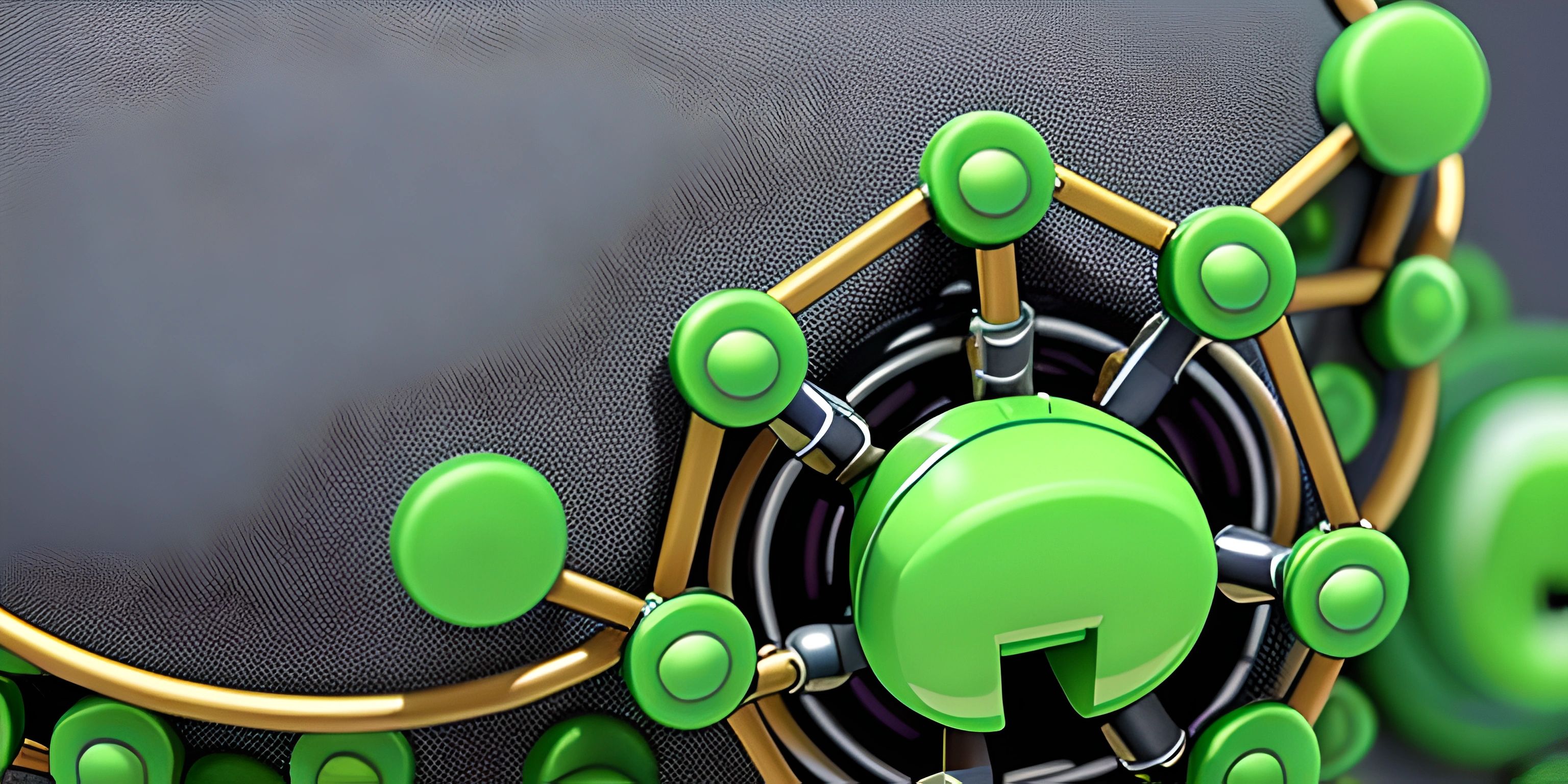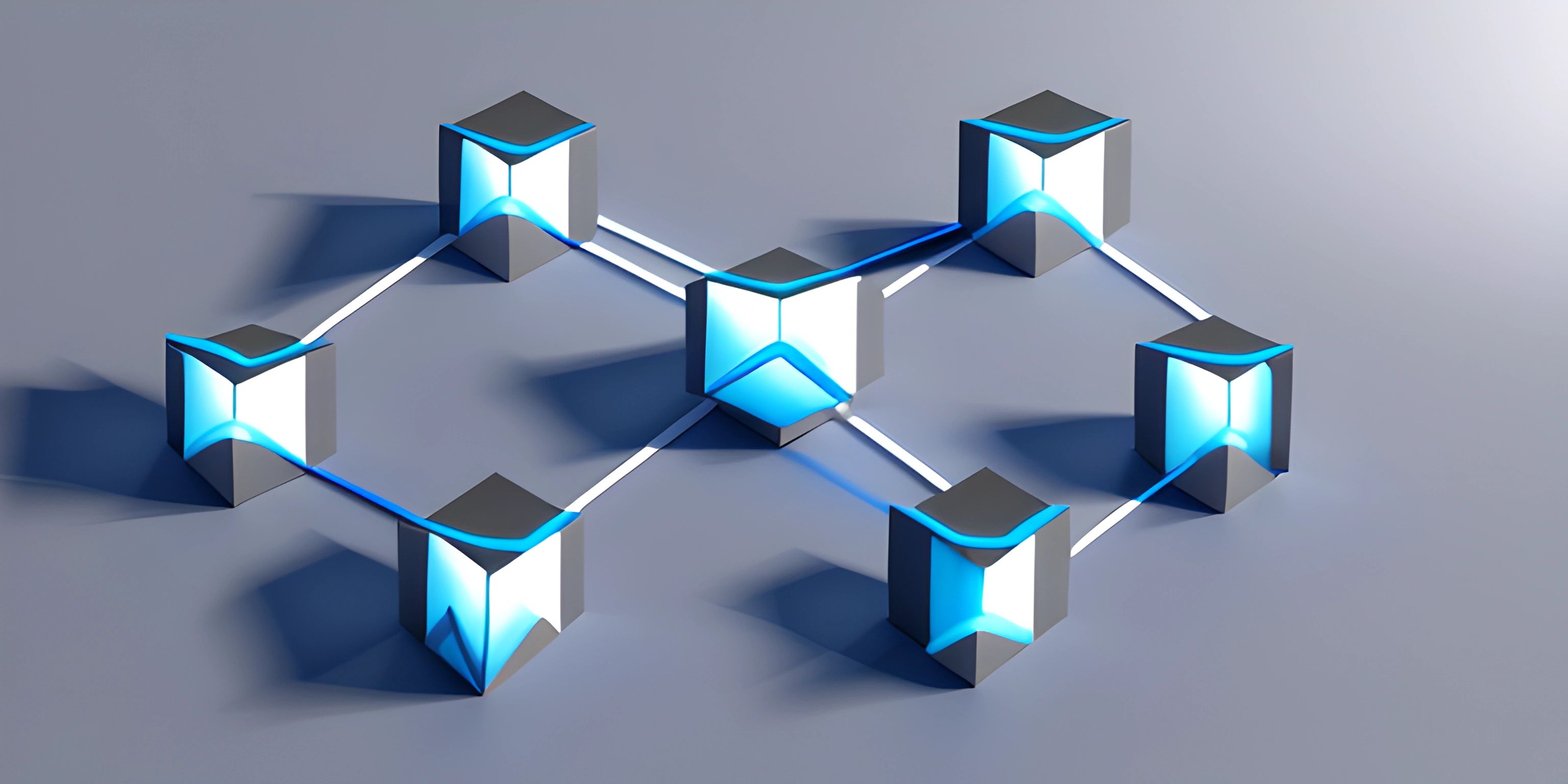GitLab Introduction

Note: this page has been created with the use of AI. Please take caution, and note that the content of this page does not necessarily reflect the opinion of Cratecode.
GitLab is an all-in-one platform designed to help developers and teams collaborate on projects, manage code, and automate their workflows. GitLab provides a wide range of features, including version control, continuous integration and deployment (CI/CD), issue tracking, and more. Let's explore some of the key features and capabilities of GitLab.
Version Control
GitLab is built on top of Git, a popular distributed version control system. Git allows developers to track changes to their code, collaborate with other developers, and manage multiple versions of their projects. With GitLab, you can create your own repositories or contribute to existing ones, making it easy to collaborate on projects of any size.
Repositories
A repository is a collection of code and any associated files for a specific project. GitLab provides a user-friendly interface for managing repositories, allowing you to create new ones, clone existing ones, or fork other developers' repositories to make your own changes. You can also manage access to your repositories, ensuring that only authorized users can contribute to your projects.
Collaboration
GitLab is designed to make collaboration simple and effective. With features like issue tracking, merge requests, and code review, teams can work together to develop high-quality software.
Issue Tracking
GitLab's built-in issue tracking system helps you keep track of bugs, requests, and other tasks related to your project. You can create and assign issues, add labels and milestones, and even link them directly to your code for seamless collaboration.
Merge Requests
When you want to contribute changes to a project, you can create a merge request. This allows other team members to review your changes, provide feedback, and ultimately approve or reject the proposed changes. Merge requests help ensure that only high-quality code makes it into your project, and they encourage collaboration and communication among team members.
Continuous Integration and Deployment (CI/CD)
One of GitLab's standout features is its built-in CI/CD capabilities. Continuous Integration and Deployment allow you to automate the process of building, testing, and deploying your code, making it faster and more reliable.
Pipelines
GitLab's pipelines enable you to create custom workflows that define the steps your code must go through before being deployed. This could include compiling your code, running automated tests, or deploying to a staging environment for further testing. With GitLab, you can create pipelines using a simple YAML configuration file, making it easy to customize your workflow to suit your project's needs.
Conclusion
GitLab is a powerful and feature-rich platform that can help developers and teams streamline their workflows, collaborate more effectively, and ultimately build better software. With its versatile feature set, GitLab is an excellent choice for projects of any size, from individual developers to large enterprises.
Hey there! Want to learn more? Cratecode is an online learning platform that lets you forge your own path. Click here to check out a lesson: Cratecode Playground (psst, it's free!).
FAQ
What is GitLab and why should I use it?
GitLab is an all-in-one DevOps platform that provides a wide range of features and capabilities for developers and teams. It includes Git repository management, issue tracking, continuous integration/continuous deployment (CI/CD), and more. By using GitLab, you can streamline your development process, collaborate effectively with your team, and ensure your projects are delivered on time and with high quality.
How does GitLab differ from other Git-based platforms like GitHub?
While both GitLab and GitHub offer core Git features, GitLab sets itself apart by providing a more comprehensive suite of built-in tools for project management and DevOps workflows. Some key differences include:
- GitLab has an integrated CI/CD system, while GitHub requires third-party services for CI/CD.
- GitLab offers more granular permission controls for projects and users.
- GitLab has a built-in container registry for managing Docker images.
- GitLab provides a self-hosted solution in addition to its cloud-based offering, whereas GitHub's self-hosted solution is limited to enterprise customers.
Can I migrate my existing projects from other platforms to GitLab?
Yes, GitLab provides an easy-to-use import tool that allows you to migrate your repositories, issues, and other data from popular platforms like GitHub, Bitbucket, and more. To import your projects, simply navigate to the "New Project" page in GitLab and choose the "Import project" option. Then, follow the guided steps to connect to your existing platform and select the projects you want to migrate.
What are some key features of GitLab's built-in CI/CD system?
GitLab's integrated CI/CD system is designed to help you automate your development pipeline and ensure your code is always in a releasable state. Some of its key features include:
- Pipelines: Define your build, test, and deployment stages in a single
.gitlab-ci.ymlfile. - Runners: Execute your CI/CD jobs on your own infrastructure or use GitLab's shared runners.
- Artifacts: Store build artifacts and make them available for future stages or deployments.
- Protected branches: Restrict who can push to specific branches to ensure only reviewed and tested code gets deployed.
- Deployment environments: Easily manage and track deployments to different environments, like staging and production.
Is GitLab suitable for teams of all sizes and project scales?
Absolutely! GitLab offers a range of plans to cater to teams and projects of all sizes, from small startups to large enterprises. Its flexible permission system and comprehensive feature set make it easy to scale your development process as your team grows and your projects become more complex. Plus, with GitLab's self-hosted options, you can always choose to deploy the platform on your own infrastructure for added control and customization.





